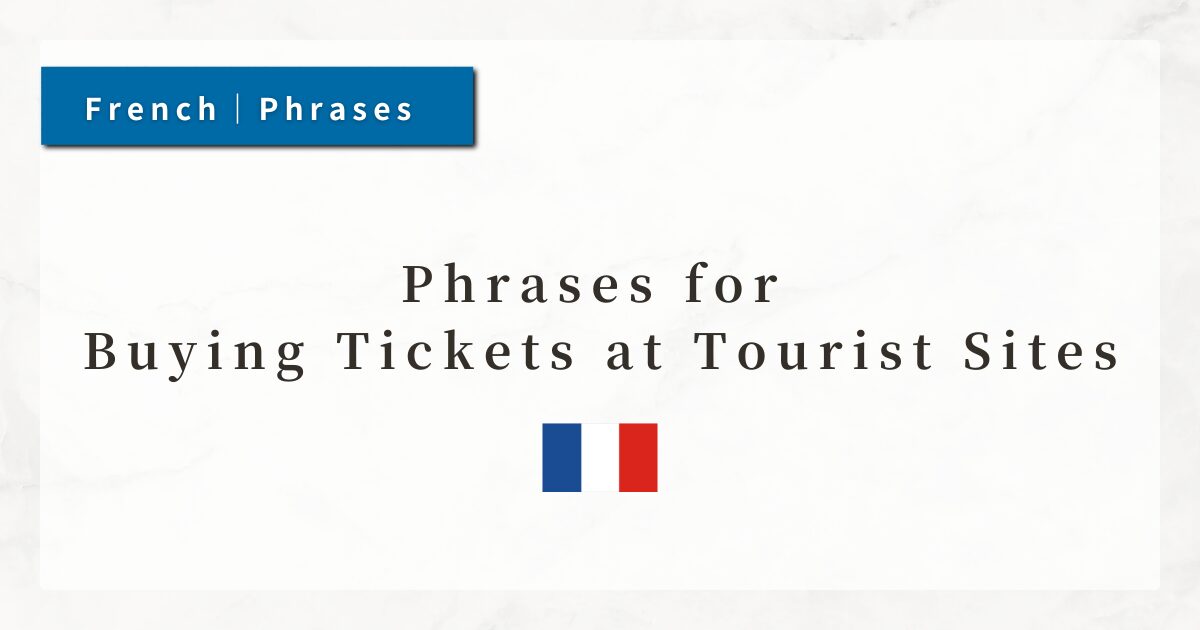#69 Welcoming a New Colleague|French Business Conversation

When a new colleague joins the team, making a good impression in the very first conversation is very important.
In French, you can start with the simple phrase Bienvenue ! (Welcome!) and then add a self-introduction or expressions such as “I’m happy to work with you,” which helps create a friendly and reassuring atmosphere.
This lesson introduces key French phrases for welcoming a new colleague in the workplace, along with essential grammar points.
Dialogue

Bonjour, tu es le nouveau collègue, n’est-ce pas ?
(Hello, you are the new colleague, aren’t you?)

Oui, je m’appelle Julien. Enchanté(e) !
(Yes, my name is Julien. Nice to meet you!)

Bienvenue dans l’équipe ! Nous sommes contents de travailler avec toi.
(Welcome to the team! We’re happy to work with you.)

Merci beaucoup, ça me fait plaisir.
(Thank you very much, I really appreciate it.)

Si tu as besoin d’aide, n’hésite pas à demander.
(If you need help, don’t hesitate to ask.)
1. The Welcome Phrase “Bienvenue”
“Welcome!” in French is Bienvenue ! In the workplace, it sounds more natural to add a phrase such as “to the team” or “to our company.”
- Bienvenue dans l’équipe !
(Welcome to the team!) - Bienvenue dans notre entreprise !
(Welcome to our company!)
- Use à with places or cities:
Bienvenue à Paris.
(Welcome to Paris) - Use dans with groups or organizations:
Bienvenue dans l’équipe.
(Welcome to the team)
2. Expressing “I’m happy to work with you”
A very common phrase in welcoming situations is:
- Nous sommes contents de travailler avec toi.
(We are happy to work with you.)
Here, “être content(e) de …” means “to be glad to ….”
This expression conveys genuine warmth and makes the new colleague feel accepted.
3. Basic Self-Introduction Phrases
Welcoming a new colleague is often followed by introducing yourself.
- Je m’appelle Julien.
(My name is Julien.) - Enchanté !
(Nice to meet you!)
Use “Enchanté” if you are male, “Enchantée” if you are female.
- Ravi(e) de faire votre connaissance.
(Pleased to meet you.)
4. Offering Help
It is also important to reassure a new colleague by offering help.
- Si tu as besoin d’aide, n’hésite pas à demander.
(If you need help, don’t hesitate to ask.)
- avoir besoin de …
→ to need … - n’hésite pas à …
→ don’t hesitate to …
For a more formal register, use vous instead of tu:
- Si vous avez besoin d’aide, n’hésitez pas à demander.
(If you need help, please don’t hesitate to ask.)
Summary
- Bienvenue ! / Bienvenue dans l’équipe !
→ Standard welcome phrases. - Nous sommes contents/heureux de …
→ Expressing happiness to work together. - Je m’appelle … / Enchanté !
→ Basic self-introduction expressions. - Si tu/vous as/avez besoin d’aide, n’hésite/n’hésitez pas à demander.
→ Offering help politely.




